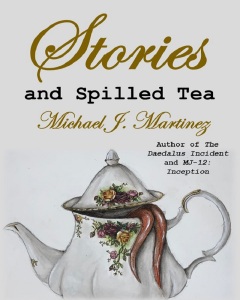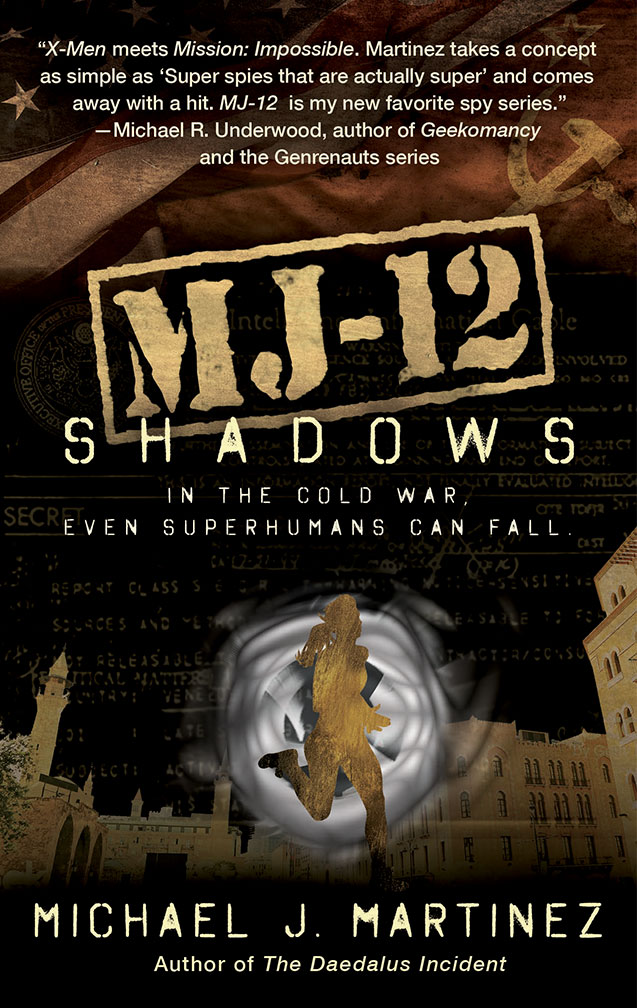Yesterday, after watching the President’s abject moral failure to categorically denounce Nazism, racism and white supremacy as bad — which, really, should not have been a big ask — I went over to Trump Tower after work to let off some steam and shout at the gleaming black Isengard with my fellow Ents. Honestly, it felt great.
A gentleman on social media got into a discussion with me afterward regarding free speech and political discourse. Now, I don’t think he was a Trump supporter by any stretch, but he was passionate about free speech. The conversation was civil, but I pretty much ended it when I saw the rhetorical trap he was setting with regard to free speech, boiling it down to either for or against.
Obviously, it’s not as simple as that, and the argument goes well beyond whatever one can thumb-type on a bus. So I’m gonna unpack it here. Fair warning: politics and Nazis below. Skip if you’re understandably tired of it all.
I spent 15 years as a journalist, so I’m rather fond of the First Amendment. I also donate monthly to the ACLU. I firmly believe in free speech and, yes, that includes odious, hate-filled speech that I find morally repugnant on every level.
Of course, free speech is not without consequence. If you dress as a Nazi, do the Nazi salute, chant racist and anti-Semitic slogans, then you know damn well you’re going to upset lots of people — the majority of people, in point of fact. You have a right to say and do those things, of course. And everyone else has the right to call you out for your odious actions and beliefs.
And yes, you’re going to be judged by the company you keep. Even if you don’t believe in Nazism or white supremacy, but you’re standing shoulder to shoulder with those who do, that in and of itself is indeed a political statement and speech. It’s a protected statement, but it’s still loathsome.
When does free speech become, officially, hate speech and ergo illegal? When you incite violence and strife. Yelling “fire” in a crowded theater isn’t protected speech because it’s a violation of public safety. Same thing with hate speech. Of course, modern supremacists and Nazi sympathizers know this and, generally, tap dance right up to that line without overtly violating it; they use racist slogans, but stop short of calling for violence. So it remains free speech.
So that’s free speech in all its glory. The good, the bad and the ugly — all protected, as it should be. But there’s a difference between free speech and public discourse, in my personal opinion. All bets are off on free speech; say what you will. But our public, political discourse deserves better, and it’s up to all of us, from the guy on the street to Saruman in Isengard on 5th Avenue, to think clearly about that.
Americans have rights, but they also have responsibilities as citizens. The U.S. Citizenship and Immigration Services actually has a pretty good handle on it, as seen here. One of those responsibilities listed is to respect the rights, opinions and beliefs of others — a tall order these days. This is, in essence, a call for tolerance.
Now, those among the racist Nazi crowd love to say, “Why aren’t you tolerant of my beliefs?” They think it’s this weird Get Out of Jail Free card, and will deploy it to confound those who truly believe in freedom of speech and religion, and in the right of everyone in our country to life, liberty and the pursuit of happiness.
This leads us to the paradox of tolerance. If a society is truly tolerant of everything, including intolerance, then that very tolerance will eventually be seized and destroyed by the intolerant. Ergo, a tolerant society must actually be intolerant of intolerance to survive and thrive.
So, for me personally, that’s where I draw the line. I will embrace your freedom of speech and welcome you into the public discourse so long as your views are tolerant of others — that you respect the rights, opinions and beliefs of others. I believe that this tolerance is quintessentially American, in fact. We are a nation of immigrants from all over the world, of every race and creed, and that tolerance is not only written into our Constitution and Bill of Rights, it’s pretty much essential to our survival as a unique nation. After all, even that U.S. Citizenship and Immigration Services site says:
We are a nation bound not by race or religion, but by the shared values of freedom, liberty, and equality.
And before you call me out on it, yes, the United States was founded on the backs of slaves and through the genocide of Native Americans. These will forever stain our history. The above statement should always be both practical and aspirational, and we should continue to strive to do better, to remember our past and create a more tolerant future based on those shared values.
Meanwhile, Nazism and white supremacy are very easily categorized as intolerant. The Nazis, of course, murdered more than six million people in the Holocaust because of religion and ethnicity, and millions more in pursuit of empire. White supremacy is based on the notion that there are others who are inferior to white people, an inherently intolerant view that does not respect the rights, opinions and beliefs of folks who aren’t white.
This should be where the line is drawn.
This should, in fact, be a very simple thing. And honestly, even with this red line of tolerance, you still have plenty of room for hateful, absurd, odious belief and speech to remain within the bounds of public discourse. Yes, there are plenty of issues that remain quite thorny when belief meets respect for other beliefs. I have my own views on those conundrums — I personally believe religious freedom does not give license to discriminate against others whose lifestyles don’t square with certain (extreme) religious viewpoints, for example.
But when we’re talking about actual Nazis doing the Nazi salute and chanting hate-filled slogans against Jews and African-Americans? That is intolerant. And while they are free to say that, there should be no place for these people in our public discourse. This isn’t hard.
Blessedly, the vast majority of politicians from both parties stood tall against racism and Nazism. Republican and Democratic officials, the heads of every branch of the military, dozens of business leaders and millions of ordinary people stood up to say that, no, Nazis don’t get a free-speech pass. They can say it, but it’s not who we are as Americans. We don’t want them. They are un-American.
There was one official who didn’t unequivocally say that. There was one guy who stood there and said that the tragedy of Charlottesville was the fault of “many sides.” There was one guy who refused to stand up and be counted, instead pushing a mealy-mouthed, half-assed narrative of false equivalence that, intentionally or not, tried to shove Nazism and racism back into our public discourse.
We know who that was. We will remember it. History will remember it.
—
Comments are on and will be moderated, so if you wanna say something, be civil or get spammed. Also, it’s not incumbent on me to defend my beliefs just because you think it’d be fun to debate me. I’ve said my peace, you can say yours, but I’ve neither the time nor inclination to get into it with anyone.











Bravo!